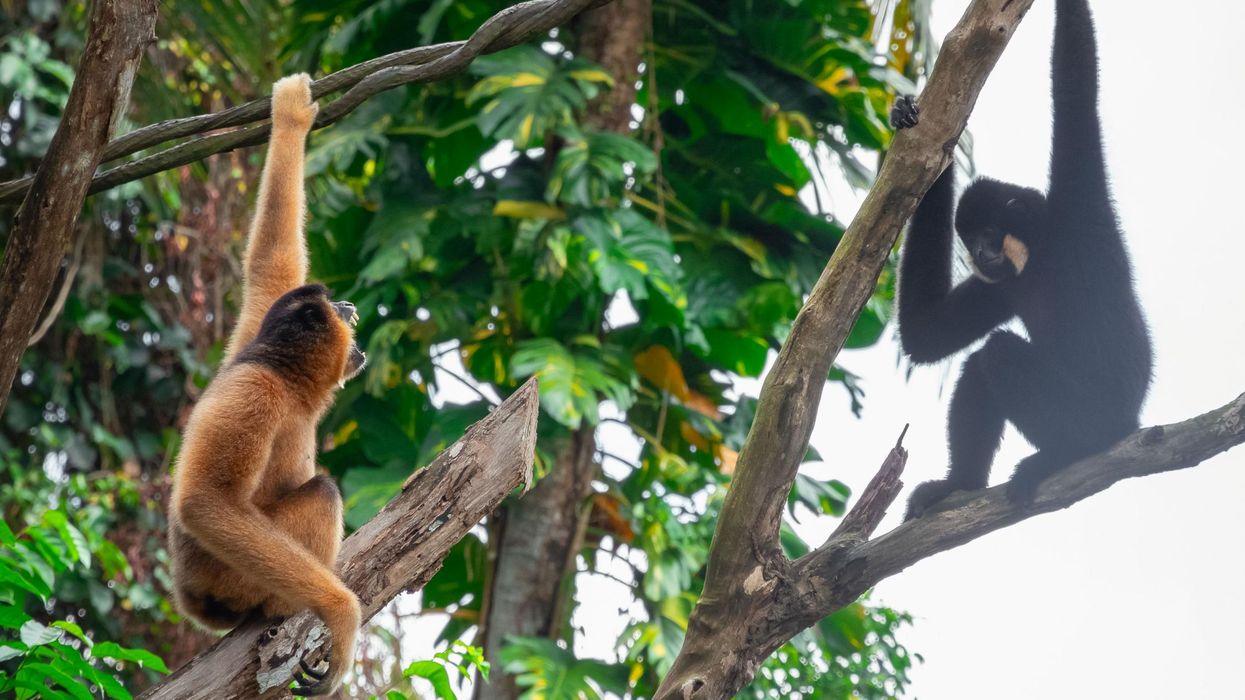News
Narjas Zatat
Sep 03, 2018

Picture:
iStock
Female monkeys don’t trust their male counterparts – even when they’re doing the right thing.
The findings are from a study conducted by St Andrew’s and the University of Lausanne and Zurich.
They established that even when males demonstrate superior methods of foraging for food, female vervet monkeys are more likely to follow other females.
The study was led by Axelle Bono and Professor Erica van de Waal.
Professor Whiten, of the School of Psychology and Neuroscience at Andrews said:
The explanation for the sex difference may be that for females the important thing is to maintain close bonds with the other females they spend their whole lives with in the same group.
They may be less inclined to copy males, who are likely to have less reliable local knowledge.
The paper was published in Current Biology.
Female vervet monkeys stay in their birth group all their lives, whereas male monkeys disperse into other groups, meaning females are more likely to trust other females in having good local knowledge, because they are more familiar.
Male monkeys on the other hand, because of the fact that they move around more, are happy to learn from either sexes, depending on which one is more effective in a given situation.
The experiment involved an ‘artificial fruit’ box that could be opened at either its black or white end to take out an apple.
If the dominant female approached, researches used a remote control to make sure she learned she could get the apple only from the coloured end. The highest ranking males were trained on the other end, and arranged in such a manner as to ensure the male monkeys got five times more food.
Males tended to copy successful males, but females tended to stick to copying females, despite having a much lower rate of success.
More: Couples who drink together tend to be happier together, study finds
Top 100
The Conversation (0)













